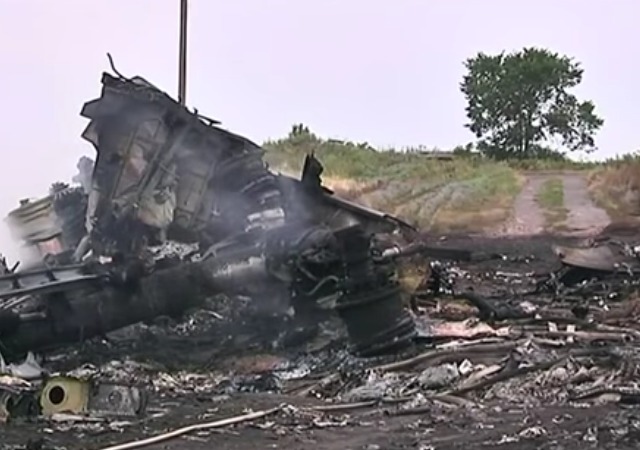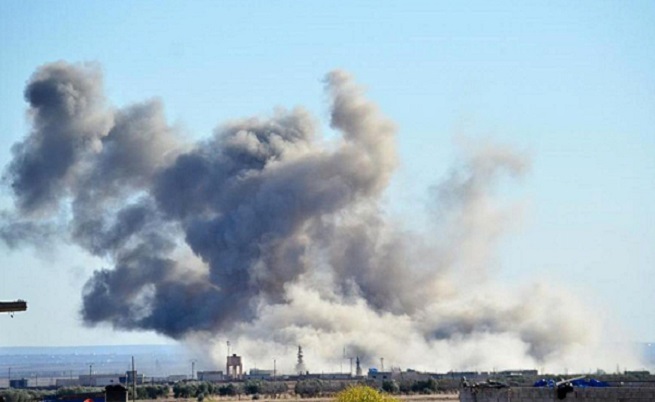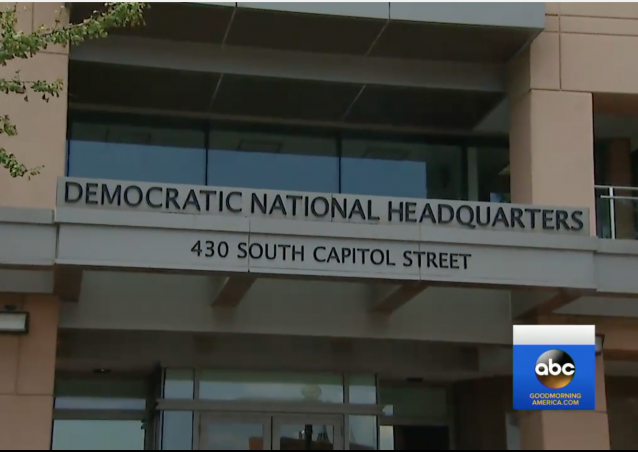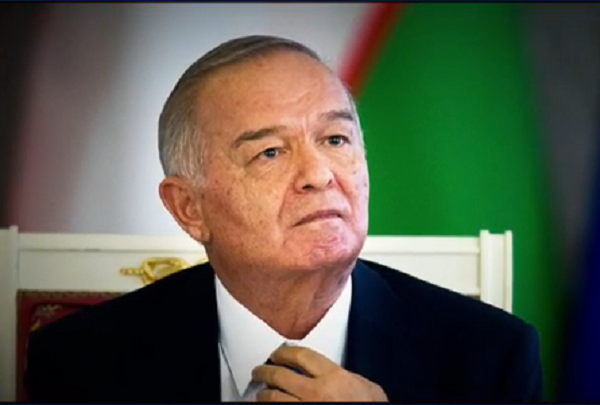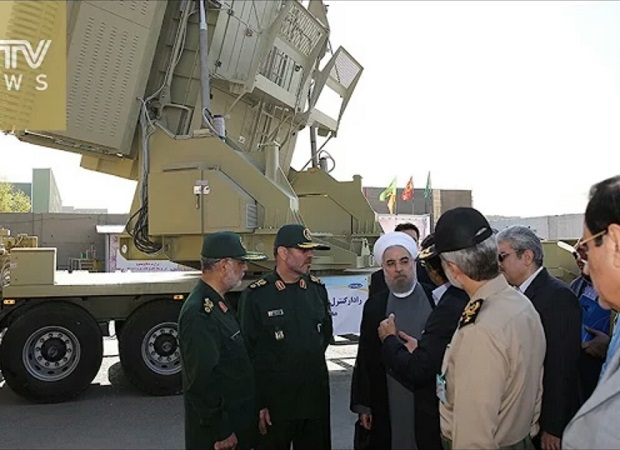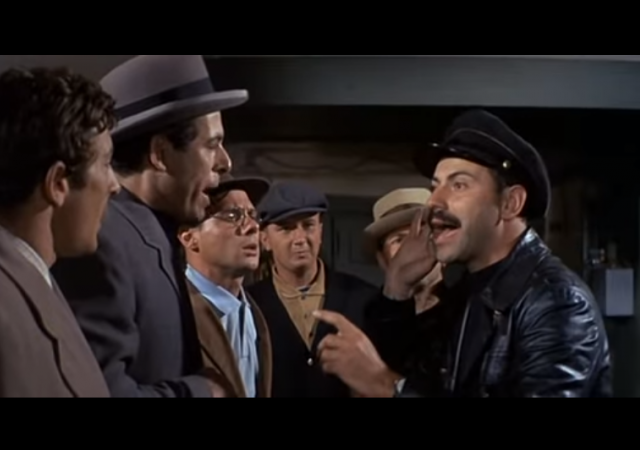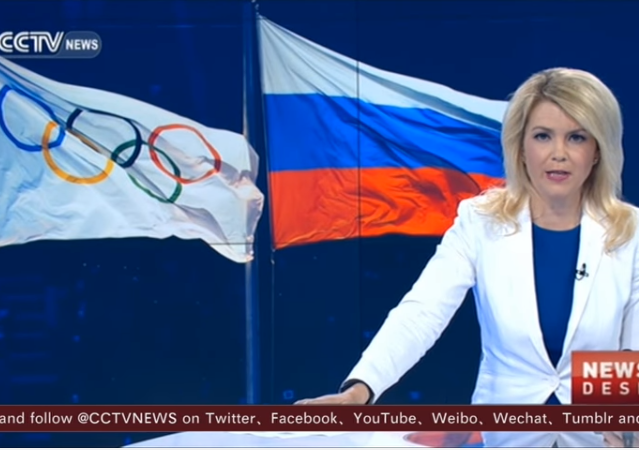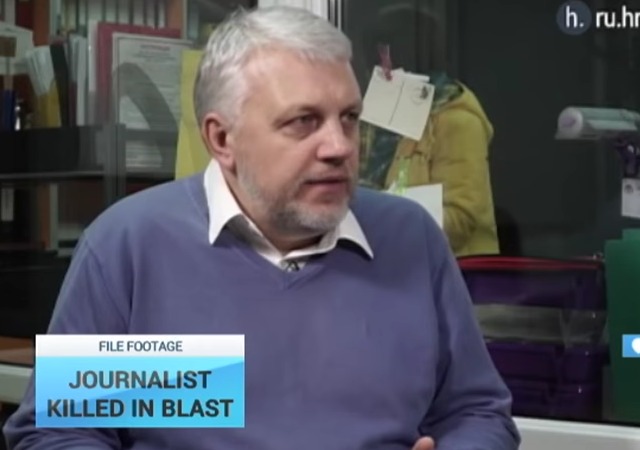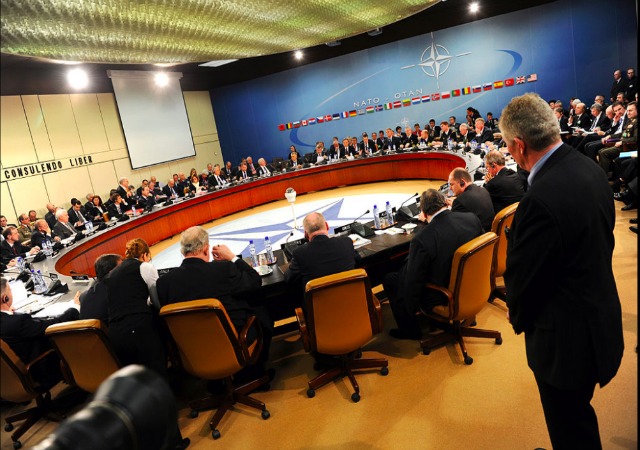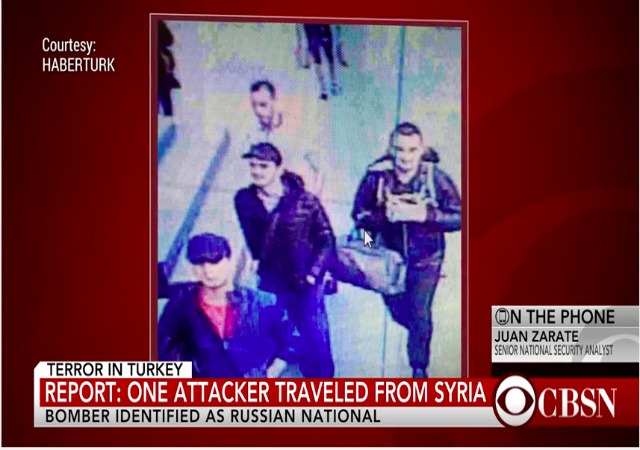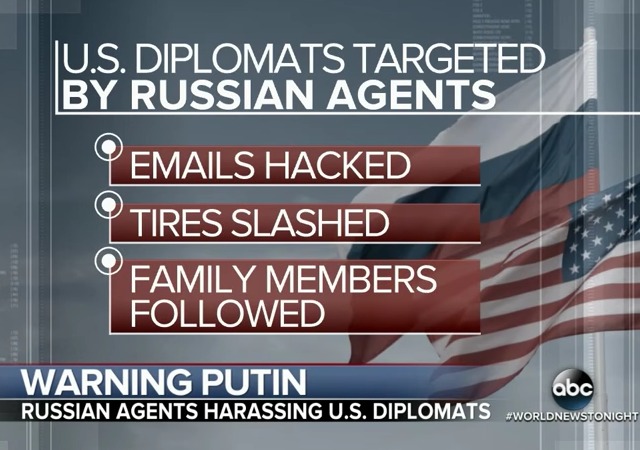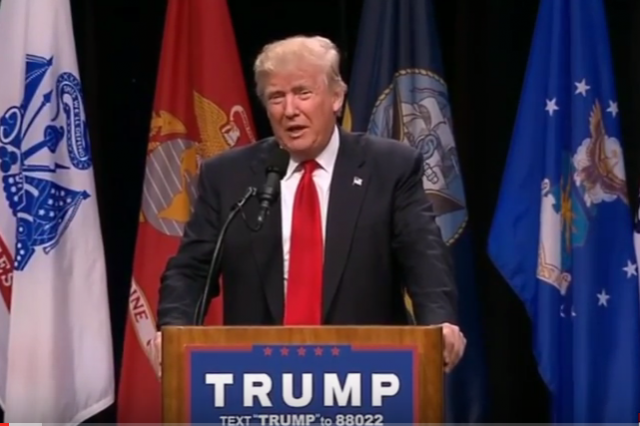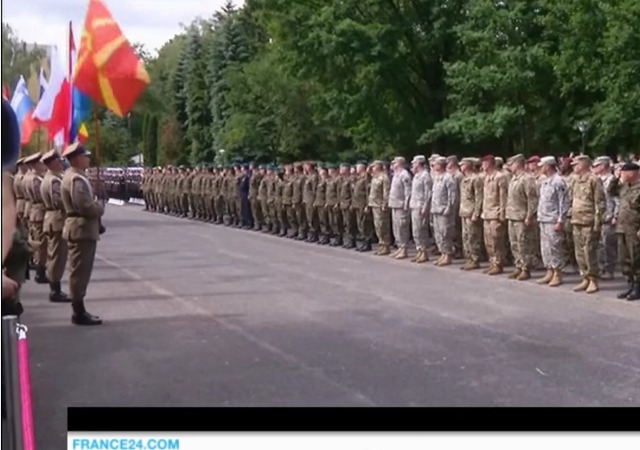Israel and the United States have signed an agreement aimed at increasing bilateral cooperation in the field of cyber defense. The
Cyber Defense Cooperation Agreement penned on Tuesday, June 21, seeks to build joint infrastructure in cyber defense, create partnerships in private sector, fund research, and develop new technologies. The agreement wants to improve the existing mechanisms for sharing of operative information between U.S. Department of Homeland Security (DHS) and its Israeli counterparty, National Cyber Security Authority.
Israel has long established itself as a technology superpower with Tel Aviv and Jerusalem as major centres for cutting edge startup innovation -- second in the world only to the Silicon Valley. In recent years, the city of Beersheba located in the middle of the Negev desert has emerged as the world leader in cyber security. Today, around
20 percent of all technology companies in Israel are working in cyber security, making it the biggest technology related sector in the country.

